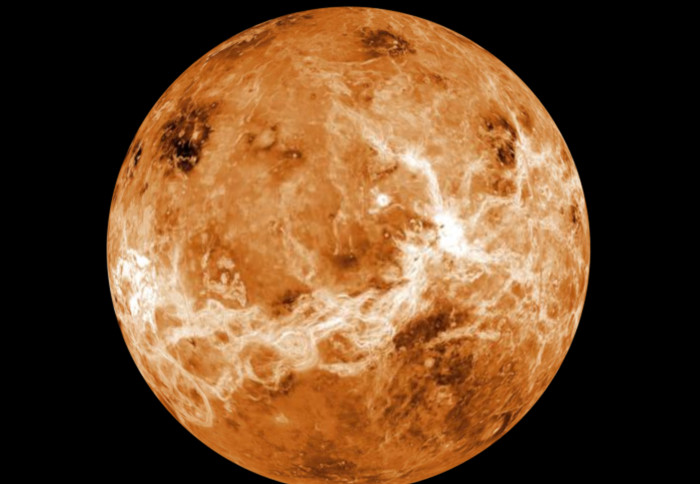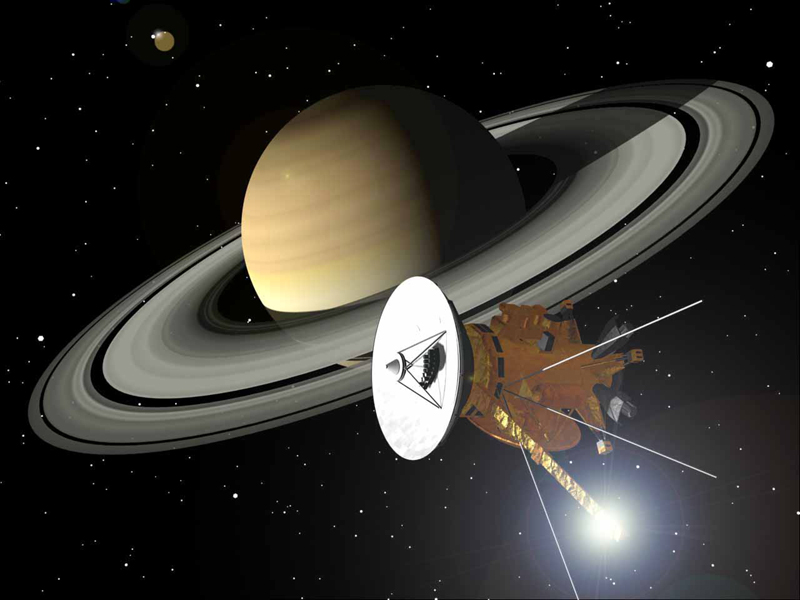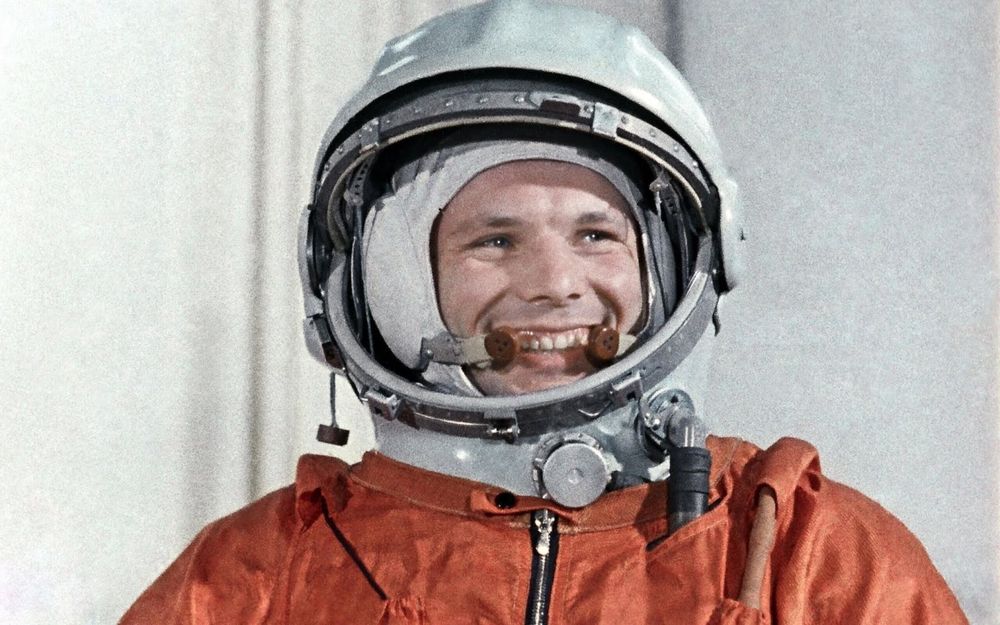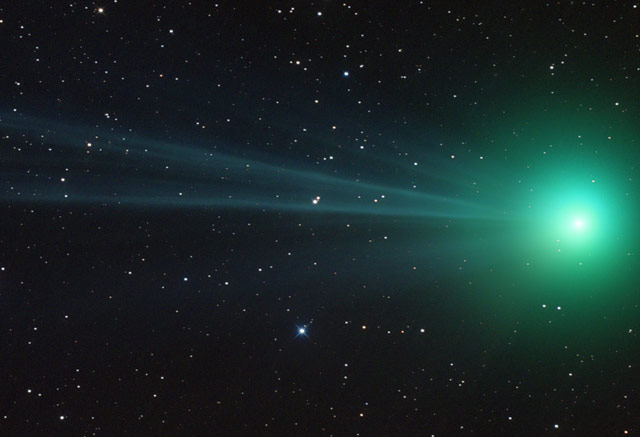Hi everybody
Some readers have asked for help in learning what's in the night sky, so that's my theme for this week.
Here are two new articles from the Astronomy site at BellaOnline.com.
Absolute Beginners - Start Skywatching
You'd like to know the night sky? But you haven't a got a telescope, live in a city, don't know any constellations or can't tell a star from a planet? Time to give up? Absolutely not. Time to read on and look up.
http://www.bellaonline.com/articles/art19759.asp
Absolute Beginners - The Summer Sky
Warm summer nights are a great time to study the sky. Here is a guide to the main summer constellations. You can see all of these things without a telescope, so head outside and look up.
http://www.bellaonline.com/articles/art27681.asp
*Skywatch*
You can see the loveliest sight in the sky around half an hour after sunset, so you don't even have to stay up late to look. Look to the western sky to see a very bright Venus with Saturn and Mercury close together and to the upper left of Venus. By the end of the week they'll all be close together and they'll stay that way into the first half of August.
Note: If you live at higher latitudes, e.g., the UK and much of Canada, you may find that Mars and Saturn are lost in the twilight, but you should still be able to see a bright Venus.
By the way, if you live in the USA and would like to find an astronomy club near you, this page should be able to help: http://nightsky.jpl.nasa.gov/club-map.cfm
*Anniversaries*
(1) The first successful picture of a total solar eclipse was taken 159 years today on July 28,1951. The observer Berkowski (first name unknown) took it at the Royal Observatory in what was Koningsberg, Prussia (now Kalingrad, in Russia).
(2) People have been complaining about traffic for years. Is there anywhere completely free from traffic? At one time we could safely have said the Moon would be, but Saturday July 31st is the fortieth anniversary of the first vehicle being driven on the Moon. Astronauts Dave Scott and Jim Irwin drove the Lunar Roving Vehicle.
This picture from Nasa Images shows Dave Scott in the vehicle.
http://preview.tinyurl.com/24ynkwx
(3) Maria Mitchell, first professor of astronomy of Vassar College and second woman to be credited with the discovery of a comet, was born on August 1, 1818.
Wishing you clear skies.
Please visit astronomy.bellaonline.com for even more great content about Astronomy.
To participate in online discussions, this site has a community forum all about Astronomy located here -
http://forums.bellaonline.com/ubbthreads.php?ubb=postlist&Board=323
I hope to hear from you sometime soon, either in the forum or in response to this email message. I welcome your feedback!
Do pass this message along to family and friends who might also be interested. Remember it's free and without obligation.
Mona Evans, Astronomy Editor
http://astronomy.bellaonline.com
One of hundreds of sites at BellaOnline.com
astronomy Newsletter








